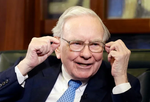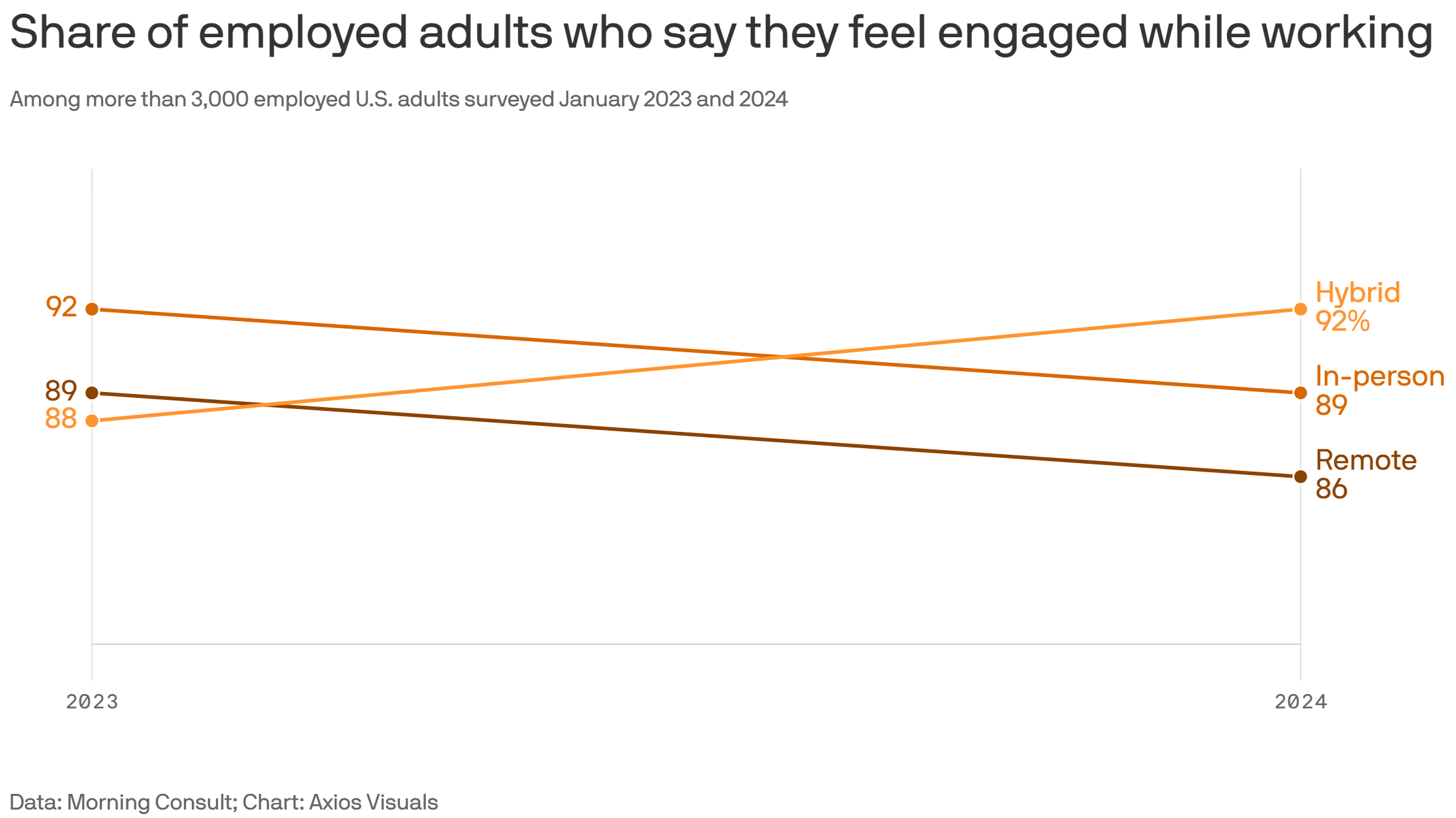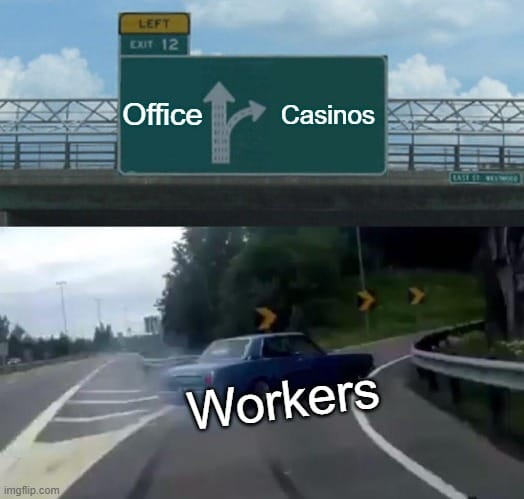Featured Posts

Let’s talk markets. Specifically, let’s talk about what just went down (literally) in the Nasdaq this week. If you’ve been paying attention—or maybe even if you haven’t—it’s gotten pretty ugly pretty fast. I even tweeted something about it: Markets take the stairs up

The drop happened fast! If you blinked sometime in February, you might’ve missed that we were at new all-time highs. Now? We're in full correction territory. Just yesterday, the S&P 500 fell more 2%, and now close to 10% in less than a month. Not

Did you know that 56% of Wisconsin’s agricultural exports could be impacted by tariffs from Canada, Mexico, and China? Wisconsin now represents the 11th largest exporter of agricultural products in the U.S., up from 13th in 2023 (WI DATCP). In 2024, Wisconsin’s agricultural exports reached $3.97

So, here’s something no one seems to be making a big deal about: tariffs are rising fast, and they’re dragging the US economy down. You won’t hear much about it in the headlines, but the effects could start to pile up. Higher prices, weaker growth, and more

Working in-person feels like a chore. Low occupancy rates are hitting office buildings hard. Companies keep pushing for us to return to the office, but remote work isn't going anywhere. Developers, though, might have found a clever solution
Offices are Ghost Towns
Major cities are seeing office occupancy rates way below pre-pandemic levels. In Manhattan, occupancy is just 70% of what it used to be before COVID hit.
Remote and hybrid work are here to stay, leaving many office spaces vacant. Some developers are really feeling the pinch too:
Scott Rechler, CEO of RXR real estate, recently defaulted on a $240 million loan tied to NYC office buildings. He summed it up well: "This post-COVID world of higher interest rates, the changing nature of how people work and live, we're not going back to where we were, and it's going to be turbulent."

Our Secret Solution for Boring Offices
So, what’s the fix? Some developers are taking notes from Europe. Over there, office buildings are often near entertainment spots like movie theaters, coffee shops, and restaurants. The idea is to mix fun with work to make the office more appealing.
Take Detroit, for example. The city brought in gambling operators to make a work-hard, play-hard environment. These casinos sit beside big businesses like General Motors that breathe new life into the area.
St. Louis has also turned things around. The city added attractions like a soccer stadium, ferris wheel, aquarium, breweries, and museums. It's no Las Vegas, but it's definitely a place more people are visiting.

Fixing the Commute
Commuting is the worst, right? Fixing the commute is a big challenge for American cities. There are two main ways I can think of to tackle this:
- Build or convert more housing closer to downtown areas.
- Invest more in transit infrastructure like light rail, bike lanes, and express lanes.
Can Cities Recover?
Despite commercial real estate being in the dumps right now, city living is still appealing. For example, New York City’s apartment rental market is still hot, even during the pandemic.
People are delaying having kids and spending more time in urban areas. While the reasons for city living have changed, the appeal for fun experiences are stronger than ever.
The future of office buildings will be in redesigning them, part of a broader entertainment region.
For more info on what I mean by 'Doom Loop' check out this article


